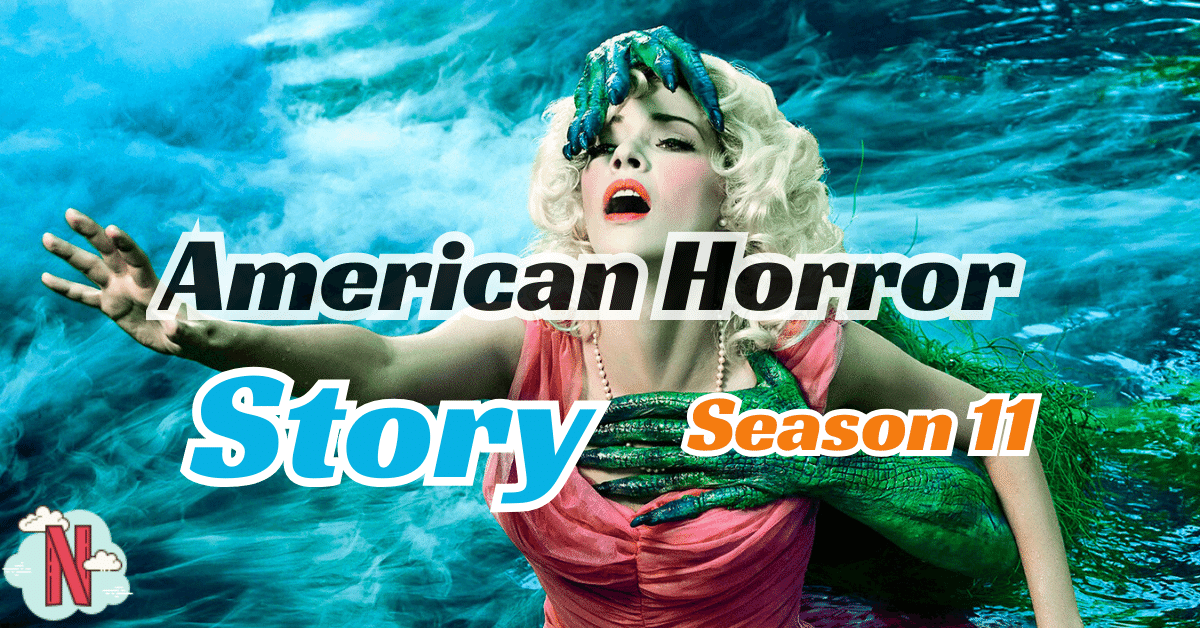ADVERTISEMENT
Welcome to our comprehensive review of American Horror Story Season 11. In this article, we’ll delve into the plot, characters, production, and more, providing you with an in-depth understanding of this standout season.
American Horror Story is a popular anthology horror television series. The show has been praised for its unique storytelling and memorable characters. The 11th season of American Horror Story continues this tradition with a new storyline that has captivated audiences.
ADVERTISEMENT
Related : Yellowstone Season 6: Plot Twists You Didn’t See Coming
- American Horror Story is a bold and innovative show that has redefined the horror genre on television.
- The 11th season introduces a new storyline that explores different aspects of horror.
- The season has been well-received by audiences and critics alike.
Plot Summary
The 11th season of American Horror Story presents a gripping plot that keeps viewers on the edge of their seats. The season explores new themes and presents unexpected twists that have become a hallmark of the series.
- The season begins with a shocking event that sets the tone for the rest of the episodes.
- As the season progresses, the plot thickens and the true nature of the horror is revealed.
- The season concludes with a dramatic finale that leaves viewers eagerly anticipating the next season.
Cast and Characters

The American Horror Story season 11 features a diverse cast of talented actors who bring the show’s unique characters to life.
- The main cast includes a mix of returning actors and new faces, each bringing their own unique talents to the show.
- The characters they portray are complex and multifaceted, adding depth to the show’s narrative.
- Guest characters also play a crucial role in the season, contributing to the show’s intricate plot.
Production and Release
The production of American Horror Story season 11 was a massive undertaking that resulted in a season unlike any other.
- The production team worked tirelessly to create a season that would captivate audiences and push the boundaries of the horror genre.
- The release of the season was met with anticipation and excitement from fans and critics alike.
- The reception of the season has been overwhelmingly positive, further cementing American Horror Story season 11 status as a standout show in the horror genre.
Unraveling the Mysteries of American Horror Story Season 11
ADVERTISEMENT
The 11th season of American Horror Story has sparked many questions among viewers. Here are some of the most frequently asked questions:
ADVERTISEMENT

ADVERTISEMENT
Q1: What is the plot of the 11th season?
The plot of the 11th season of American Horror Story is a closely guarded secret. However, it’s known that the season explores new themes and presents unexpected twists that have become a hallmark of the series. The season begins with a shocking event that sets the tone for the rest of the episodes. As the season progresses, the plot thickens and the true nature of the horror is revealed.
Q2: Who are the main characters in the 11th season?
The main characters in the American Horror Story season 11 are portrayed by a diverse cast of talented actors. The characters they portray are complex and multifaceted, adding depth to the show’s narrative. The main cast includes a mix of returning actors and new faces, each bringing their own unique talents to the show.
Q3: When was the 11th season released?
The 11th season of American Horror Story was released in 2023. The release of the season was met with anticipation and excitement from fans and critics alike.
Q4: How has the 11th season been received by audiences and critics?
The reception of the 11th season of American Horror Story has been overwhelmingly positive. The season has pushed the boundaries of the horror genre, offering viewers a fresh and exciting viewing experience. Critics have praised the season for its unique plot, compelling characters, and high production value. The season has left a lasting impact on viewers, further cementing American Horror Story’s status as a standout show in the horror genre.
Conclusion
American Horror Story season 11 has proven to be a standout season in the series. With its unique plot, compelling characters, and high production value, the season has left a lasting impact on viewers.
- The season has pushed the boundaries of the horror genre, offering viewers a fresh and exciting viewing experience.
- The reception of the season has been overwhelmingly positive, further cementing American Horror Story’s status as a standout show in the horror genre.
ADVERTISEMENT



